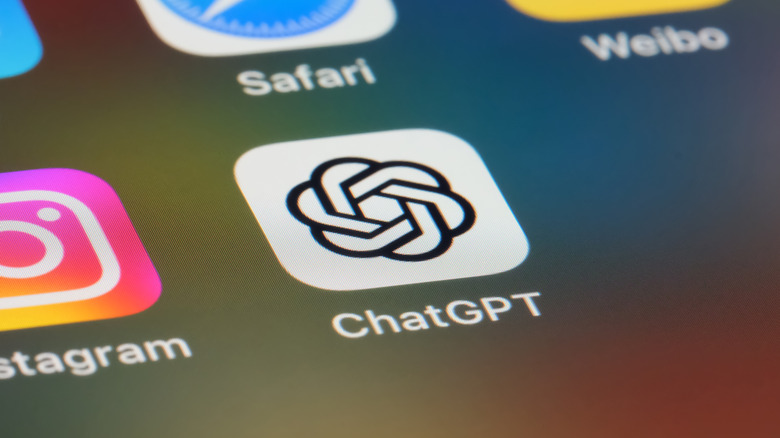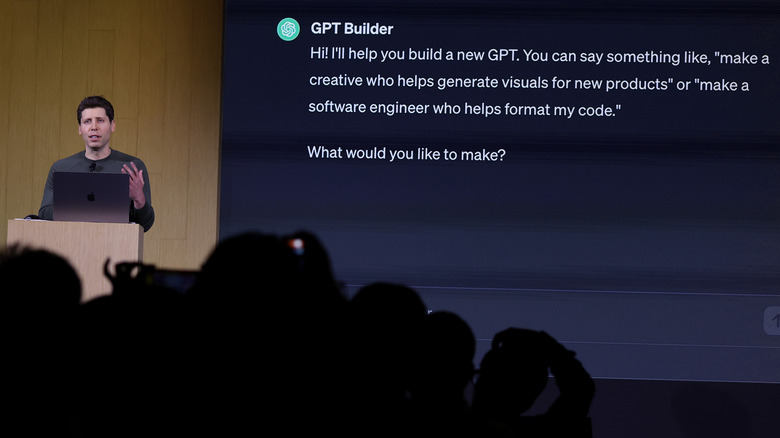OpenAI Now Lets Users Create Customized ChatGPT Bots With No Coding Needed
The GPT in ChatGPT stands for "generative pre-trained transformer," and now ChatGPT developer OpenAI is allowing users to do the pre-training themselves — by creating their own custom versions of the large language model. These custom versions of the AI are being called "GPTs" and don't require any coding to be programmed. Instead, a GPT can be trained by conversing with it, giving it parameters that refine its purpose and the way it processes information, as well as giving it extra information or abilities, like making images or being able to search the web.
OpenAI says these personally tailored versions of ChatGPT can be used for both personal and business use and offers specific examples of what a custom GPT can be trained to do — like designing stickers or learning the rules of a board game. Businesses can use internal-only GPTs for specific departments or other use cases, and ChatGPT Enterprise customers will be able to protect private and proprietary data by choosing how their custom GPTs are shared. An admin for a ChatGPT Enterprise account can also choose whether external GPTs are allowed by employees. Plus, conversations with business GPTs won't be used by OpenAI to improve future models.
GPTs are an evolution of the Custom Instructions feature that OpenAI introduced in July, which allowed users to manually set preferences for ChatGPT. Users can also make APIs available to a GPT to further customize it, allowing it to "interact with the real-world" or integrate data from external sources, like databases or email inboxes. Additionally, ChatGPT Plus now has access to information from up until April 2023.
You'll soon be able to buy and sell GPTs on the GPT Store
OpenAI expects that crowdsourced use cases for ChatGPT will generate some clever, useful applications they might not have otherwise thought of. A GPT Store will soon launch that will allow verified builders to share their custom-built GPTs, where you can search for and use specific GPTs that you or your business may find helpful.
There will also be leaderboards showcasing the most popular GPTs, and OpenAI will also highlight other standout creations — just as app stores do for third-party apps. OpenAI says the store will feature categories for its GPTs, including education, productivity, and "just for fun." Developers of popular GPTs will also be able to earn money based on how many people are using their creations. In the meantime, users currently can publicly share their GPTs for free without the GPT Store.
OpenAI also says that safety and privacy will be protected when publicly sharing custom-built GPTs. Creators will be given the option whether or not they want to share their chats used to build and test an AI, as well as whether or not data can be sent to third-party APIs that are connected to a GPT. The company also has safety in mind as its AIs become smarter and begin to interact more with the real world, especially as users develop custom GPTs in unexpected and innovative ways. In its announcement, the company states that "it's important to move incrementally towards this future, as it will require careful technical and safety work — and time for society to adapt. We have been thinking deeply about the societal implications and will have more analysis to share soon."

